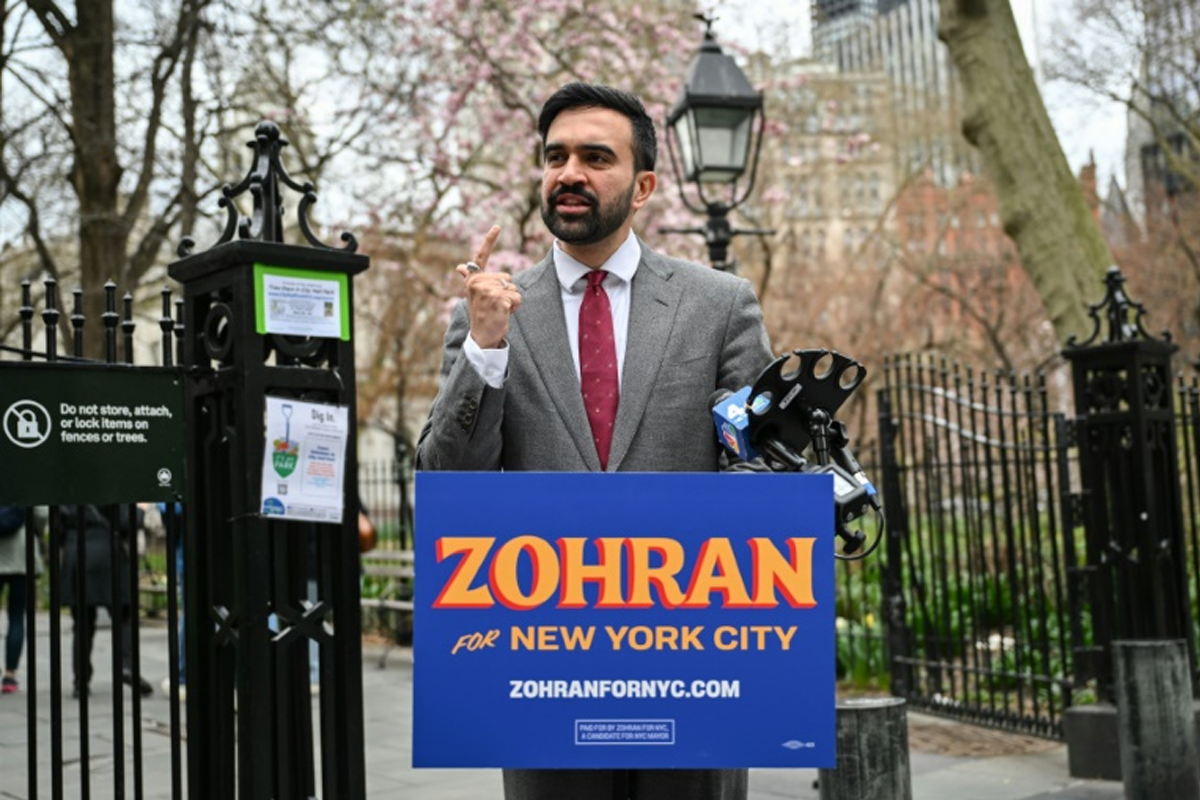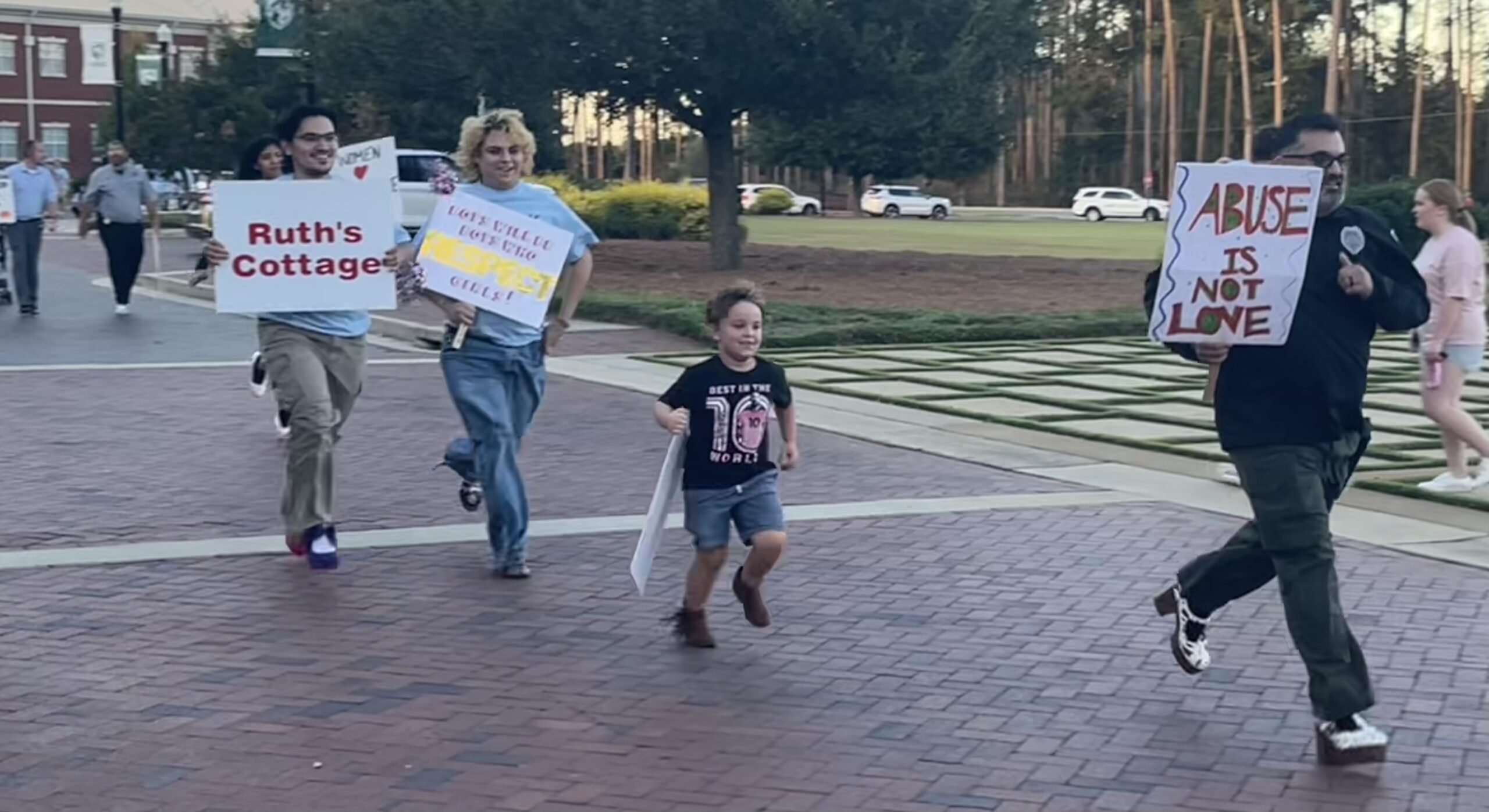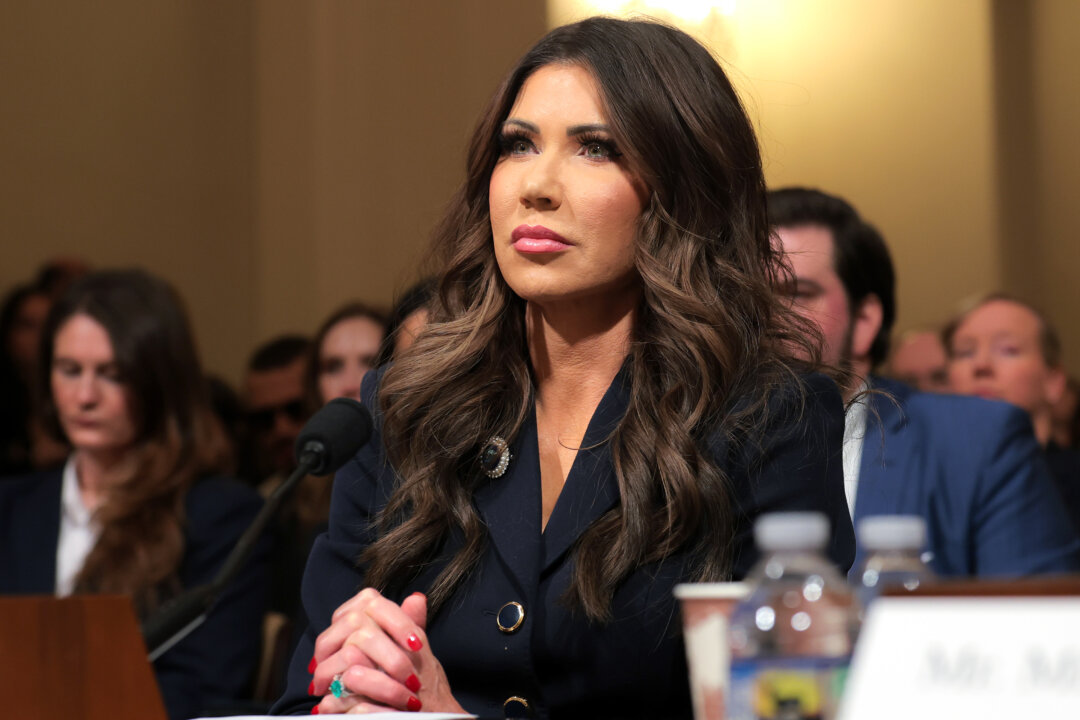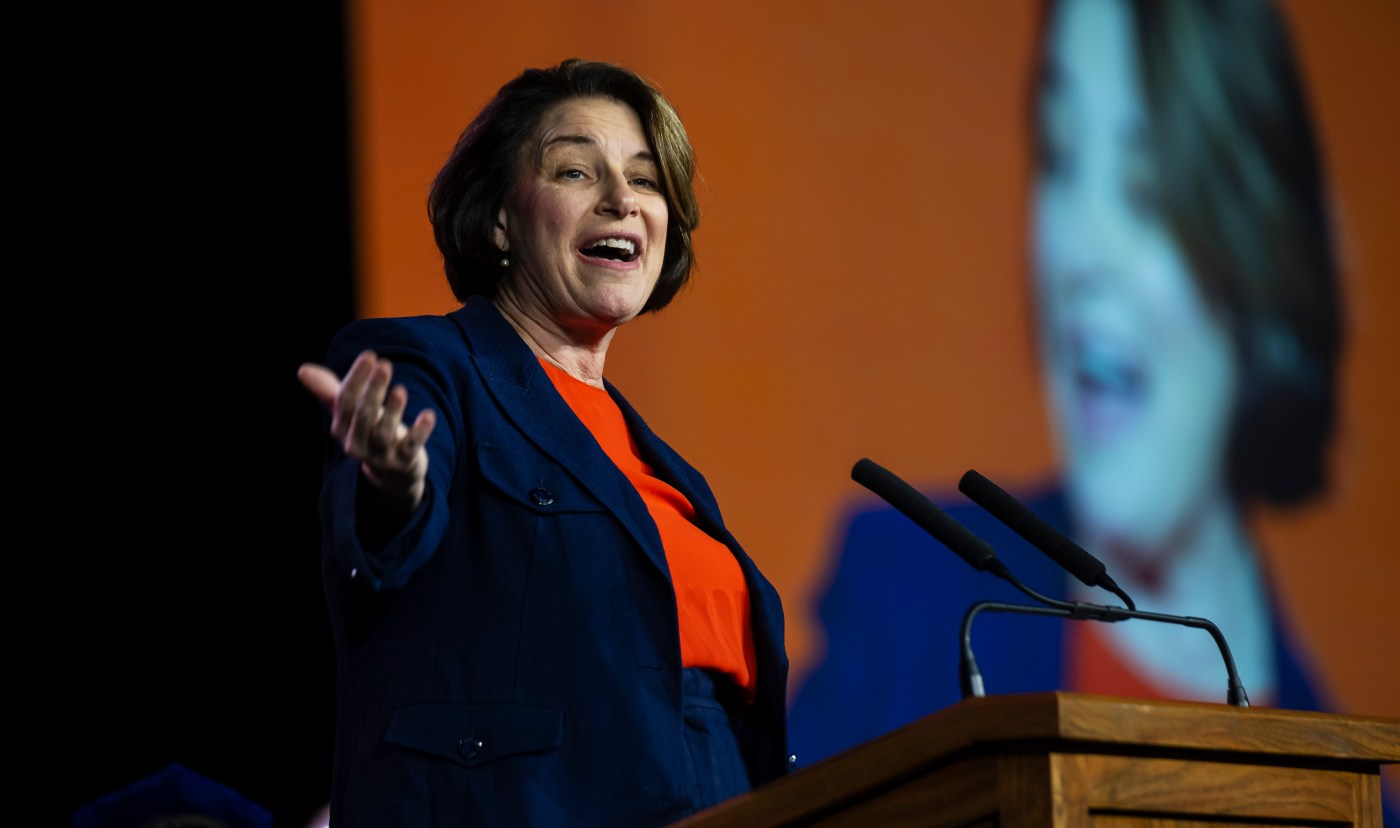In a significant political shift for New York City, **Zohran Mamdani**, a 34-year-old state Assemblyman, has been elected as the city’s new mayor. His election marks a historic milestone as he becomes the first Muslim, the first individual of South Asian descent, and one of the youngest mayors in over a century. Mamdani’s victory underscores a growing movement within the **Democratic Party**, particularly among its progressive faction.
Mamdani entered the race as an underdog, yet he managed to galvanize support across a wide spectrum of communities. His campaign resonated particularly with young voters, working-class districts, and immigrant neighborhoods, reflecting a diverse coalition that proved crucial to his success. Competing against former governor **Andrew Cuomo**, who ran as an independent after losing the Democratic primary, and Republican candidate **Curtis Sliwa**, Mamdani secured just over half of the vote, positioning himself as a transformative leader focused on more than just identity politics.
Campaign Promises and Challenges Ahead
During his campaign, Mamdani emphasized ambitious proposals to address pressing urban issues, including fare-free city bus services, rent freezes on regulated units, universal childcare, city-run grocery stores, and a target of a **$30 minimum wage by 2030**. His message appealed to a city grappling with the high cost of living, as voters expressed a desire for a departure from the traditional political establishment towards bold new leadership.
Mamdani’s victory is significant not just for symbolic reasons but also for what it represents in the broader political landscape. Analysts suggest that his success signals a rising strength of progressive politics in urban America and an increasing receptiveness among voters to platforms that challenge corporate interests and established party hierarchies.
Despite the celebratory atmosphere, Mamdani faces considerable challenges as he prepares to take office on **January 1, 2026**. He inherits a city struggling with budget shortfalls, homelessness, and public safety concerns. Balancing his ambitious reform agenda with the realities of governance, particularly in collaboration with a potentially more moderate state government, will be essential for his administration.
At his victory watch party in **Brooklyn**, Mamdani expressed determination, stating, “Tonight we have delivered a mandate for change… a government that works for working people.” As he steps into this pivotal role, the city’s residents will be watching closely to see whether progressive ideals can be effectively transformed into practical governance.







